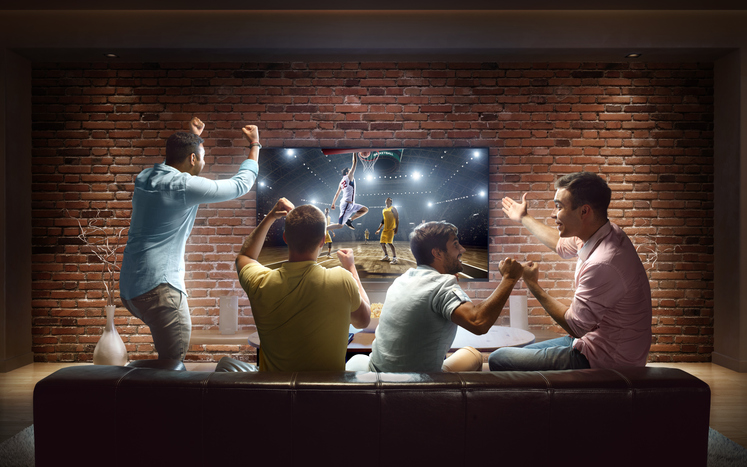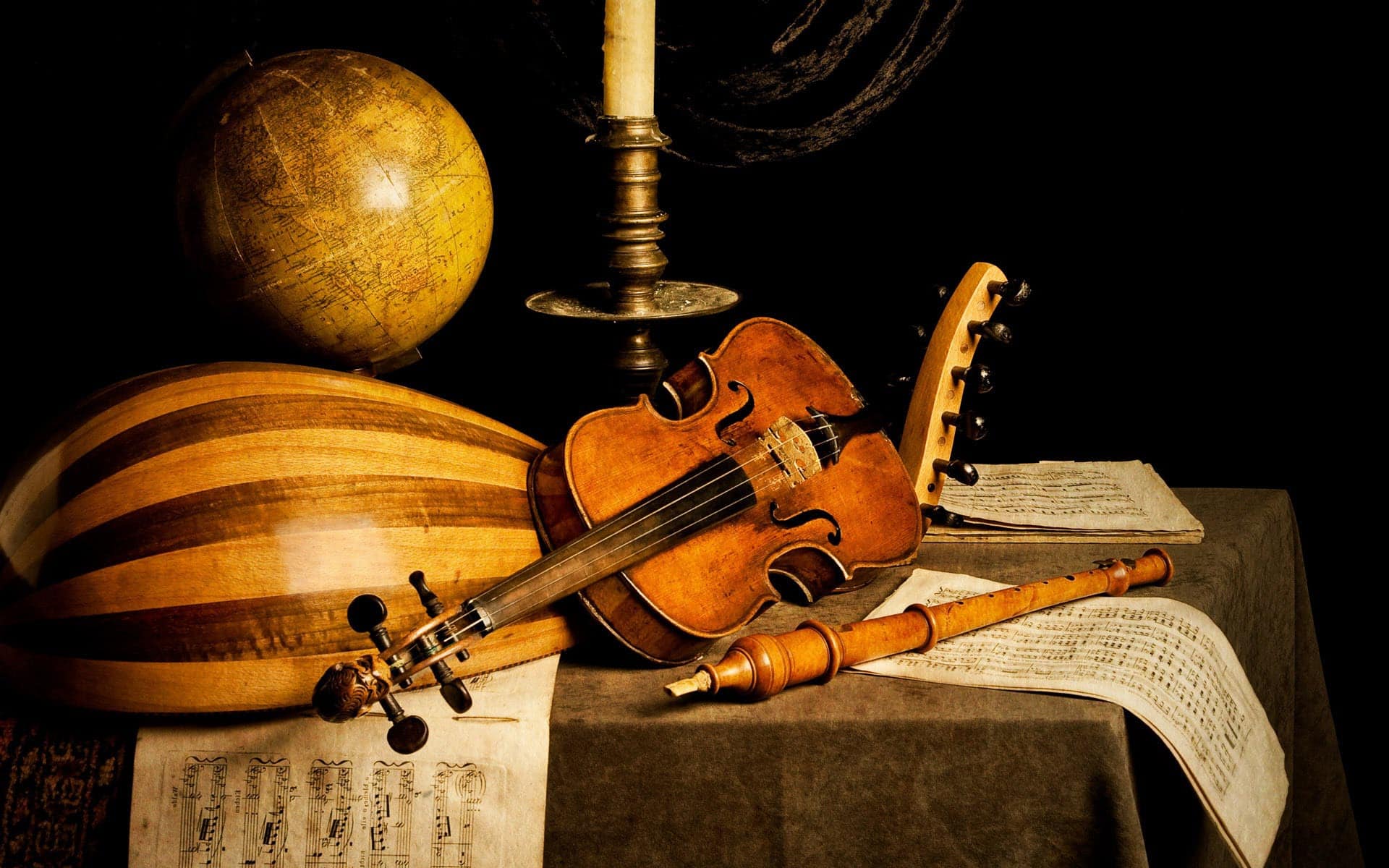After a long, often stressful workday, the need for relaxation and entertainment is more essential than ever. In today’s fast-paced world, many people face long hours at their desks, meetings, or work-related tasks that leave them mentally drained and physically tired. As a result, engaging in post-work entertainment is vital for mental health, productivity, and overall well-being. Whether it’s winding down with a hobby, watching a movie, going for a workout, or socializing with friends, the ways to decompress after work are varied and personal. This article explores the importance of post-work entertainment, the benefits it provides, and some of the most popular ways people choose to unwind after a busy workday.
Why Post-Work Entertainment Matters
Engaging in entertainment activities after work offers several crucial benefits. First and foremost, it provides an escape from the demands and pressures of work, which helps people recharge and recover. Without adequate relaxation, employees can experience burnout, stress, and anxiety, which can ultimately affect both personal and professional lives. By incorporating leisure activities into their evening routines, individuals can create a healthy balance between work and personal time.
Research has shown that people who take time to unwind after work are more productive, creative, and effective the following day. Entertainment and relaxation activities provide an opportunity for the brain to rest and reset, leading to improved focus and efficiency at work. Moreover, indulging in enjoyable hobbies or activities fosters a sense of accomplishment, satisfaction, and joy, which significantly improves overall mental health and emotional well-being.
Popular Post-Work Entertainment Activities
There is no one-size-fits-all when it comes to post-work entertainment. People have different ways of relaxing and recharging, depending on their preferences, interests, and energy levels. Here are some of the most common and popular activities that people turn to after a day of work:
1. Watching Movies or TV Shows
One of the most common and easy ways to unwind after work is by watching movies or TV shows. Streaming services like Netflix, Hulu, and Amazon Prime offer a vast array of options, from the latest blockbuster hits to beloved classic films and TV series. The immersive experience of a good movie or episode can provide a much-needed mental break, allowing the viewer to get lost in a different world for a while.
Whether it’s binge-watching a gripping drama, enjoying a light comedy, or watching a documentary, movies and TV shows provide entertainment that helps the mind detach from work-related stress and enter a more relaxed state.
2. Exercise and Physical Activities
For many people, exercise is the ultimate way to relieve stress and unwind after work. Engaging in physical activities such as going for a jog, attending a fitness class, practicing yoga, or hitting the gym has numerous benefits for both the body and mind. Exercise releases endorphins, which are known as “feel-good” hormones, helping to combat stress and improve mood.
Physical activity also provides an opportunity to clear the mind and focus on the present moment, providing a mental break from the pressures of work. Regular post-work exercise can improve sleep quality, increase energy levels, and contribute to overall physical health. For some, outdoor activities like hiking or biking can also be a way to enjoy nature and appreciate the environment, adding an element of exploration to their routine.
3. Socializing with Friends and Family
Spending time with loved ones is a perfect way to unwind and reconnect after a long day at work. Socializing can be as simple as grabbing a drink with friends, having dinner with family, or meeting for a casual chat at a local café. Social interactions can uplift your mood, reduce feelings of loneliness, and help you feel supported and understood.
In an increasingly digital world, virtual hangouts have become a popular way to socialize without leaving the comfort of home. Video calls and online gaming allow people to connect with friends and family from anywhere, offering a sense of connection and fun even when physical distance is present.
4. Hobbies and Creative Activities
For those who enjoy creative outlets, spending time on hobbies after work can be the perfect way to relax. Whether it’s painting, knitting, writing, playing a musical instrument, gardening, or cooking, hobbies allow individuals to engage their minds in something pleasurable and fulfilling. Creative activities offer a break from the analytical tasks that often come with work, allowing the brain to shift gears and focus on self-expression.
Engaging in hobbies can also provide a sense of accomplishment, as many people find joy in completing a project or improving a skill. Moreover, creative activities can serve as a form of meditation, allowing individuals to focus deeply on the task at hand and forget about the stresses of the day.
5. Reading and Intellectual Engagement
Reading books, whether for leisure or personal development, is another popular post-work activity. Many people find solace in reading, as it allows them to escape into different worlds or learn something new. Reading not only stimulates the mind but also helps to build empathy, broaden perspectives, and improve cognitive function.
For some, reading a book before bed can act as a calming ritual that signals the end of the workday. Whether it’s fiction, non-fiction, or self-help, the act of reading provides relaxation while also offering the chance to engage intellectually.
The Importance of Disconnecting from Work
In today’s hyper-connected world, it’s easy to find oneself constantly thinking about work, even outside office hours. However, it’s crucial to establish boundaries between work and personal life to prevent burnout. This means not checking emails after hours, avoiding work-related conversations during leisure time, and prioritizing activities that promote relaxation and mental recovery.
The key to effective post-work entertainment is choosing activities that allow for genuine relaxation, mental detachment, and personal enjoyment. Whether you’re winding down with a book, engaging in physical exercise, or enjoying time with friends and family, the goal is to give yourself the space to recharge and return to work the next day feeling rejuvenated and focused.
Conclusion: The Power of Rest and Recreation
After a long workday, the importance of rest and recreation cannot be overstated. Post-work entertainment is more than just a way to pass the time—it’s essential for maintaining a healthy work-life balance, reducing stress, and improving overall well-being. By engaging in activities that promote relaxation, mental stimulation, physical health, and social connection, individuals can improve their mood, productivity, and quality of life. So, the next time you finish a long day at work, remember to prioritize your entertainment and relaxation, as it’s the key to maintaining a sustainable and fulfilling lifestyle.



